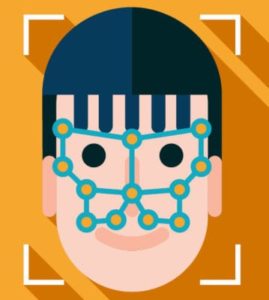Yoti is encouraging online retailers and service providers to update their age verification practices. The company noted that online sellers have traditionally trusted users to report their own ages, often with nothing more than a check box or a drop down menu that indicates that the user is over a certain age.

The problem, of course, is that businesses have no guarantees that those users are telling the truth, and regulators are increasingly dissatisfied with that state of affairs. Businesses that rely on a check box cannot be sure that the people accessing adult content or purchasing age-restricted goods are legally old enough to do so. Legislators are trying to close those loopholes with laws that force online businesses to obtain reliable proof of age before moving forward with an interaction.
With that in mind, Yoti is advising businesses to adopt better age verification systems now, to avoid potential disruptions and to make sure that they are prepared for any legislation that may be coming in the future. The company then went on to detail some of the age verification techniques that are currently available, with an emphasis on age estimation technology that can determine whether or not someone is over a certain age based only on a single selfie.
According to Yoti, such solutions are appealing because they enable age verification without an ID, and without forcing people to disclose any personal information. However, some businesses may require stronger assurances, in which case they can implement a system that compares a selfie to the image on an official government ID. Such a system can extract the information on the ID and use facial recognition to match that document to its true owner.
Yoti, meanwhile, is a provider of both kinds of technology. Its age estimation platform is anonymous, while its document reader can scan an NFC chip to confirm that a document is legitimate. The company also offers a free digital identity app that lets people control what information gets shared with third parties. People can use the app to scan a QR code, and the app will let the business know whether or not the person is of legal age.
Identity providers can cross-reference personal and credit card information with external databases and mobile records for additional assurances. Yoti noted that businesses can implement one or all of those verification methods, based on the level of assurance required for their particular organization.
Yoti’s technology has been used to enable online alcohol sales, and to restrict access to pornographic content. The company recently launch a new EasyID digital identity app in collaboration with the UK Post Office.

Follow Us